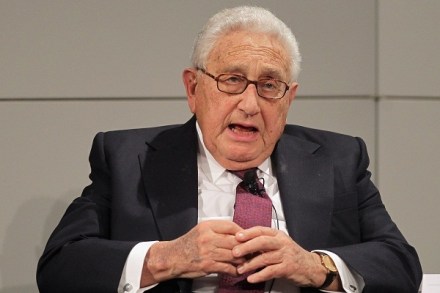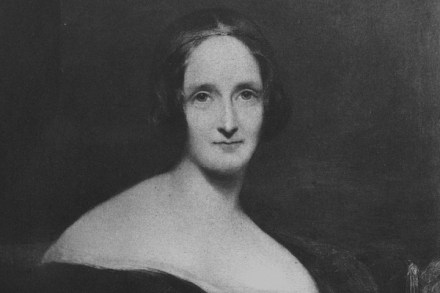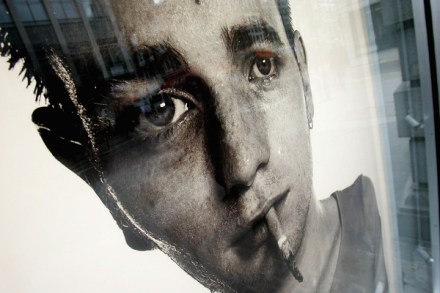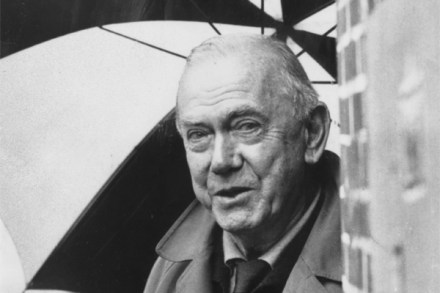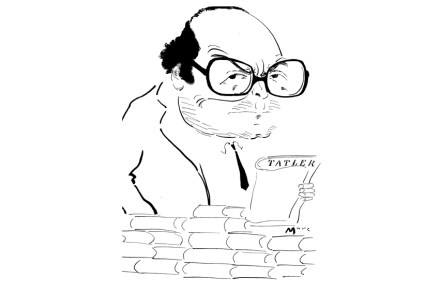Henry Kissinger’s education
Only America, a friend of mine once insisted, could produce the New Criterion. This friend happened to be American, but his point stands nonetheless. America alone is sufficiently large, wealthy and self-confident to sustain a conservative arts journal of such consistent quality. The New Criterion is 30 years old this year. The anniversary has given its editors cause for consideration as well as celebration. They have commissioned a series of essays on the questions prompted by the unnerving nature of the future. The themes of these essays — America’s place in the world, the West’s malaise, the constant tension between continuity and change — might be reduced to this sentence in
